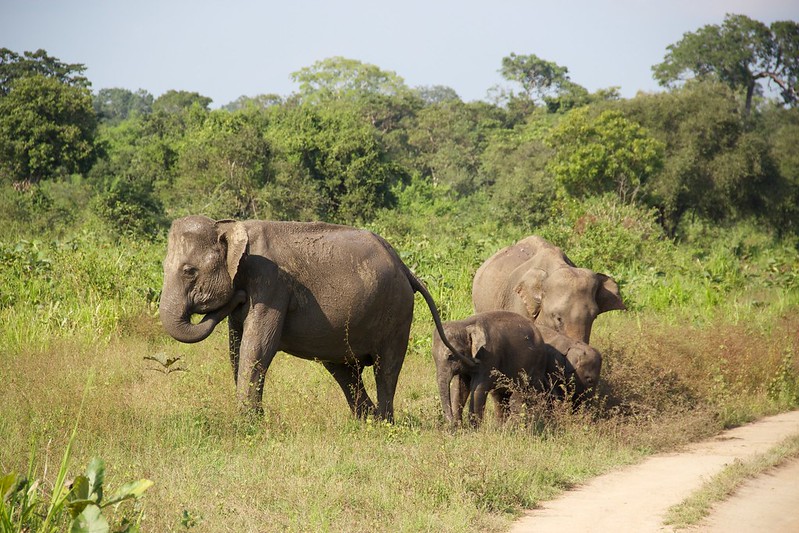Eco-Friendly Safaris: Sustainable Travel in Rwanda and Uganda
Overview
Eco-Friendly Safaris. As more travelers prioritize environmental consciousness, eco-friendly safaris are becoming increasingly popular. Rwanda and Uganda are leaders in sustainable tourism in Africa, offering eco-conscious explorers the chance to enjoy breathtaking landscapes and wildlife while minimizing their environmental impact. This post highlights the eco-friendly options for a Rwanda-Uganda safari, focusing on lodges, practices, and experiences that champion sustainability.
Eco-Friendly Lodges and Camps
Rwanda and Uganda boast several lodges and camps dedicated to sustainability and responsible tourism.
- Virunga Lodge, Rwanda: Positioned on a ridge with sweeping views of the Virunga Volcanoes and twin lakes, Virunga Lodge is a pioneer in eco-tourism. The lodge operates on solar energy and utilizes rainwater harvesting systems. Additionally, it supports local communities through a foundation that funds education and healthcare initiatives.
- Mihingo Lodge, Uganda: Situated on the edge of Lake Mburo National Park, Mihingo Lodge exemplifies eco-friendly design. The lodge’s thatched-roof cottages are constructed from locally sourced materials, and solar energy powers the property. Mihingo Lodge also plays a significant role in wildlife conservation, particularly in safeguarding the park’s giraffes and zebras.
- Clouds Mountain Gorilla Lodge, Uganda: Overlooking Bwindi Impenetrable Forest, Clouds Mountain Gorilla Lodge is committed to sustainability. The lodge is powered by solar energy and employs eco-friendly waste management systems. It also actively supports the local community by sourcing produce from nearby farms and funding education and healthcare projects.
“Stay at Virunga Lodge in Rwanda, where eco-friendly practices like solar power and rainwater harvesting combine with stunning views of the Virunga Volcanoes for a sustainable yet luxurious safari experience.”
Responsible Wildlife Experiences
Eco-friendly safaris emphasize responsible wildlife experiences that minimize environmental impact and support conservation efforts.
- Low-Impact Gorilla Trekking: Rwanda and Uganda enforce strict regulations to protect mountain gorillas and their habitats. Group sizes are limited to eight people per trek, and visitors must maintain a safe distance from the gorillas. Gorilla trekking permits are carefully controlled to limit tourist numbers, ensuring that funds directly support conservation efforts.
- Community-Based Tourism Initiatives: Many eco-friendly lodges and tour operators collaborate closely with local communities, ensuring that tourism benefits those living near national parks. Community-based tourism initiatives, like guided village walks or cultural performances, offer travelers authentic cultural experiences while supporting local livelihoods.
Example: “Join a low-impact gorilla trek in Uganda’s Bwindi Impenetrable Forest, where strict regulations protect the gorillas and their habitat, ensuring that your visit contributes to conservation efforts.”
Supporting Conservation Projects
Sustainable travel in Rwanda and Uganda often involves contributing to conservation projects that protect the region’s unique wildlife and ecosystems.
- The Dian Fossey Gorilla Fund: In Rwanda, the Dian Fossey Gorilla Fund plays a vital role in mountain gorilla protection. Visitors can explore the Karisoke Research Center to learn about the fund’s conservation work and participate in hands-on projects. The fund’s community programs also help improve the livelihoods of people living near the gorillas’ habitat.
- The Uganda Wildlife Authority (UWA): In Uganda, the UWA manages the country’s national parks and wildlife reserves. Many eco-friendly tour operators partner with the UWA to support conservation efforts, including anti-poaching patrols and habitat restoration. Visitors can contribute by donating to the UWA or joining volunteer programs.
“Support the Dian Fossey Gorilla Fund in Rwanda by visiting the Karisoke Research Center, where you can learn about ongoing gorilla conservation efforts and even participate in hands-on projects.”
Eco-Friendly Travel Tips
Here are some tips for reducing your environmental impact during a Rwanda-Uganda safari:
- Travel Light: Pack only the essentials to reduce luggage weight, which lowers your carbon footprint during flights and vehicle transfers. Opt for reusable items like water bottles and shopping bags to cut down on waste.
- Respect Wildlife: Always follow your guide’s instructions during wildlife encounters. Keep a safe distance from animals, avoid feeding them, and never leave litter behind.
- Choose Sustainable Operators: Book your safari with operators who prioritize sustainability, such as those who offset carbon emissions, use eco-friendly vehicles, and support local conservation projects.
“Travel light by packing reusable items and minimizing waste, and always respect wildlife by following your guide’s instructions and keeping a safe distance during encounters.”
Conclusion
Eco-friendly safaris in Rwanda and Uganda provide a unique opportunity to experience East Africa’s natural beauty while making a positive impact on the environment and local communities. By choosing sustainable lodges, engaging in responsible wildlife experiences, and supporting conservation projects, you can enjoy a fulfilling safari that aligns with your values. Embark on an eco-conscious journey through Rwanda and Uganda, where adventure and sustainability go hand in hand.




